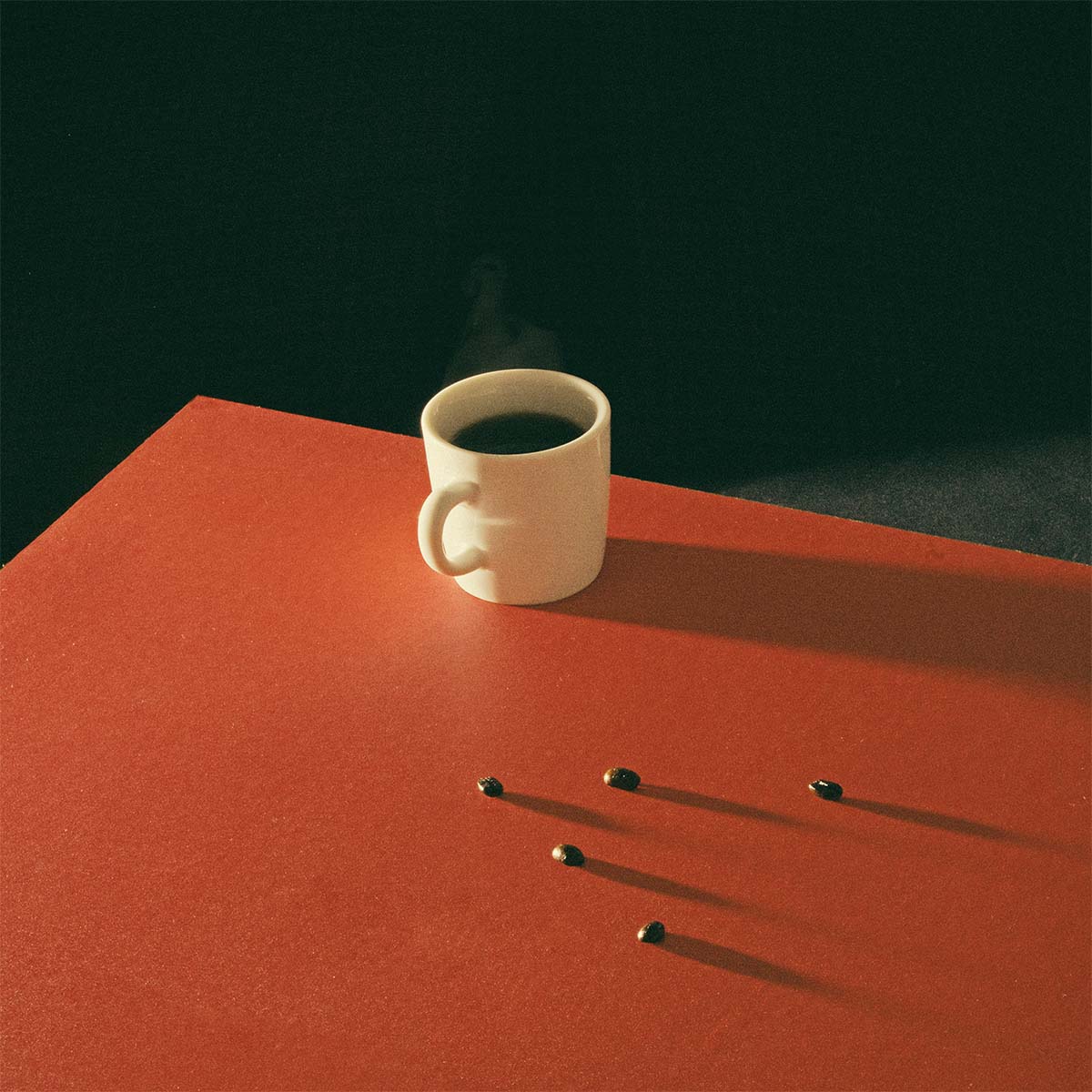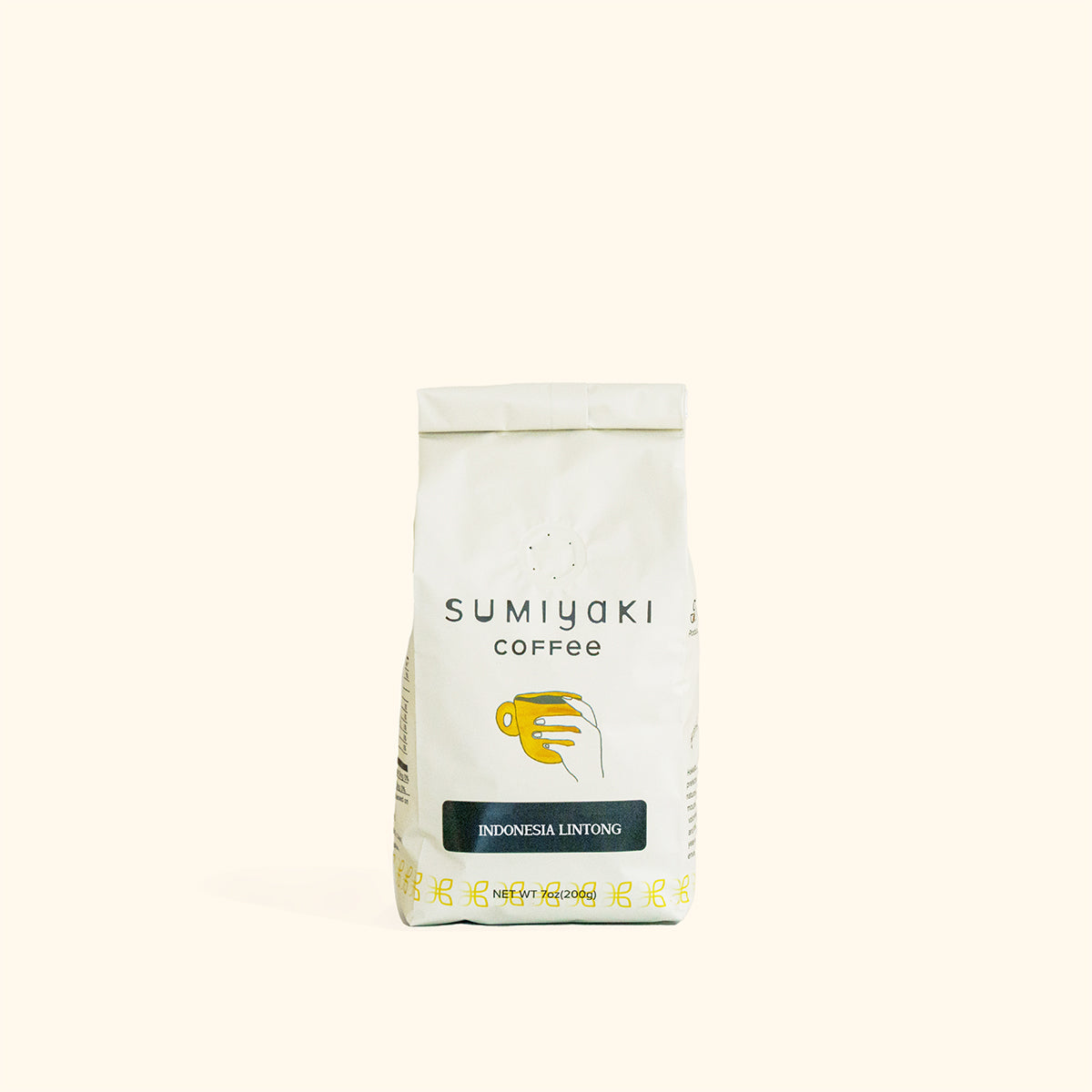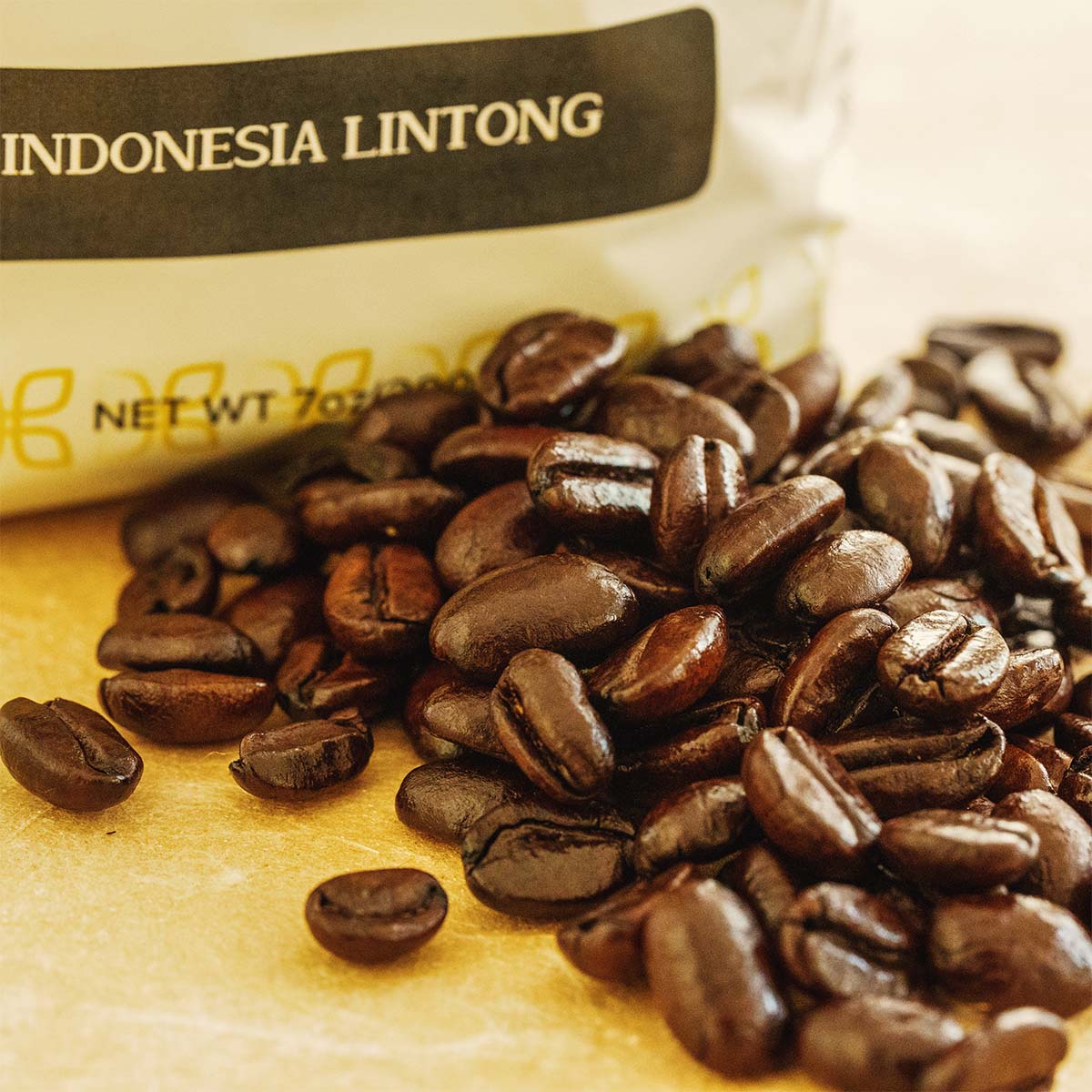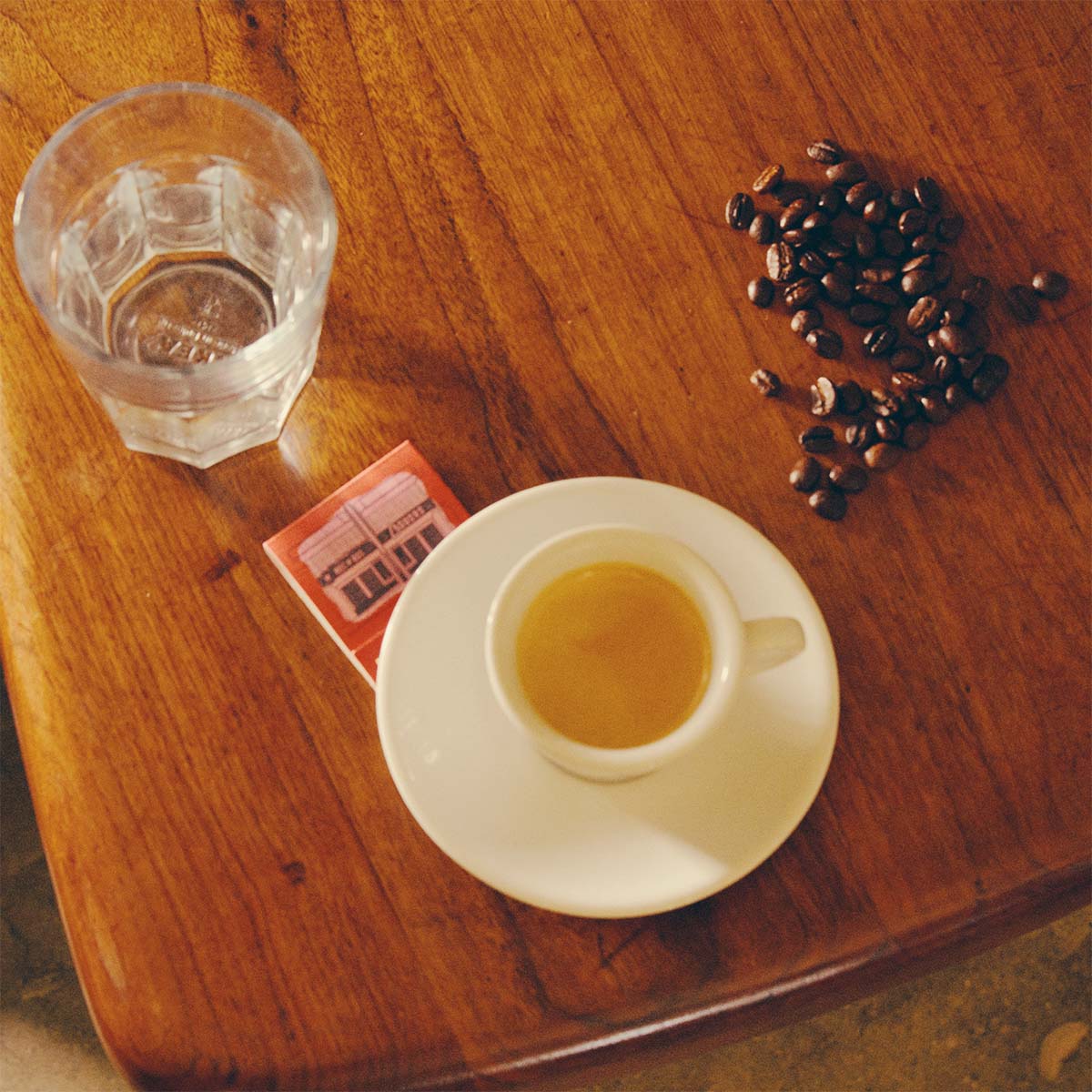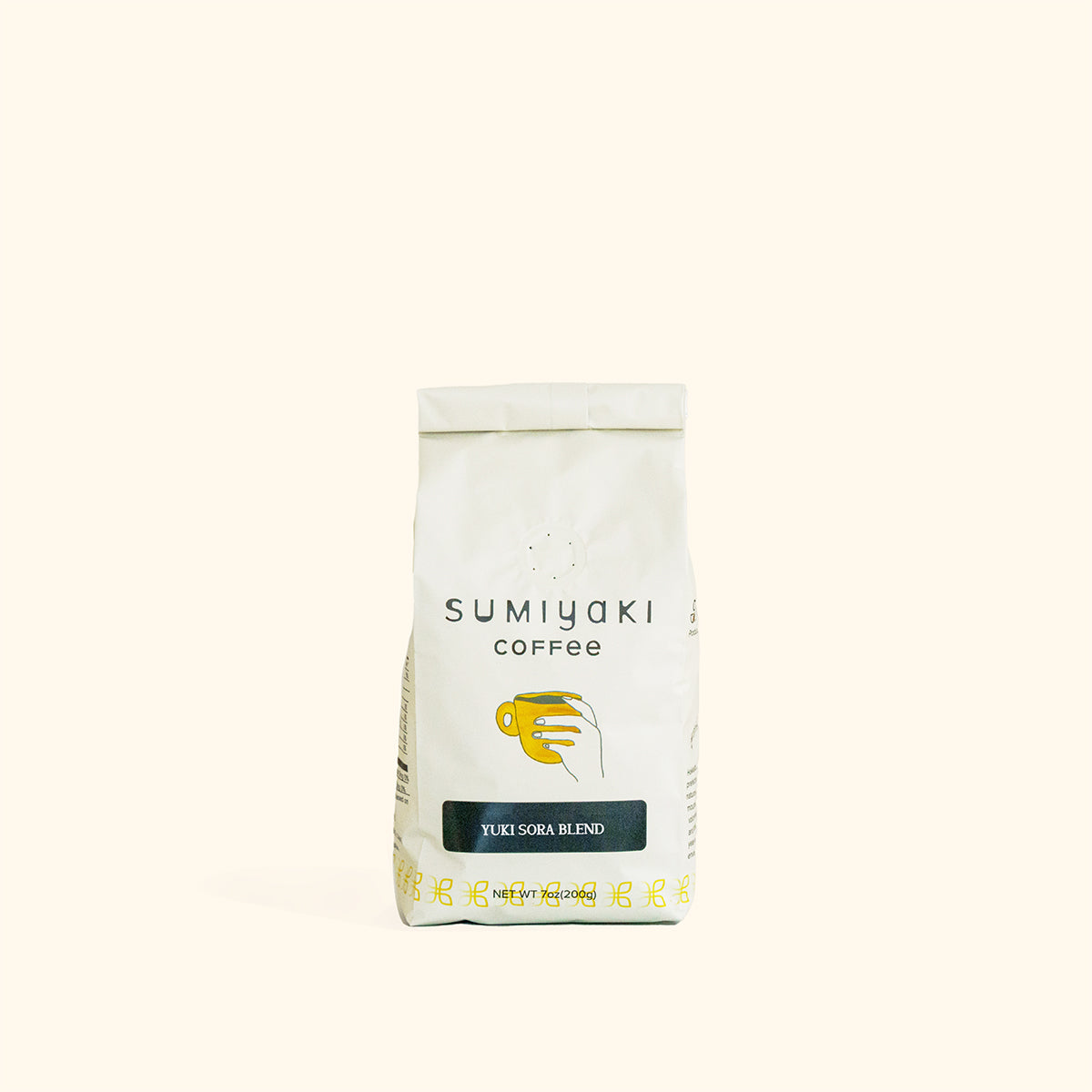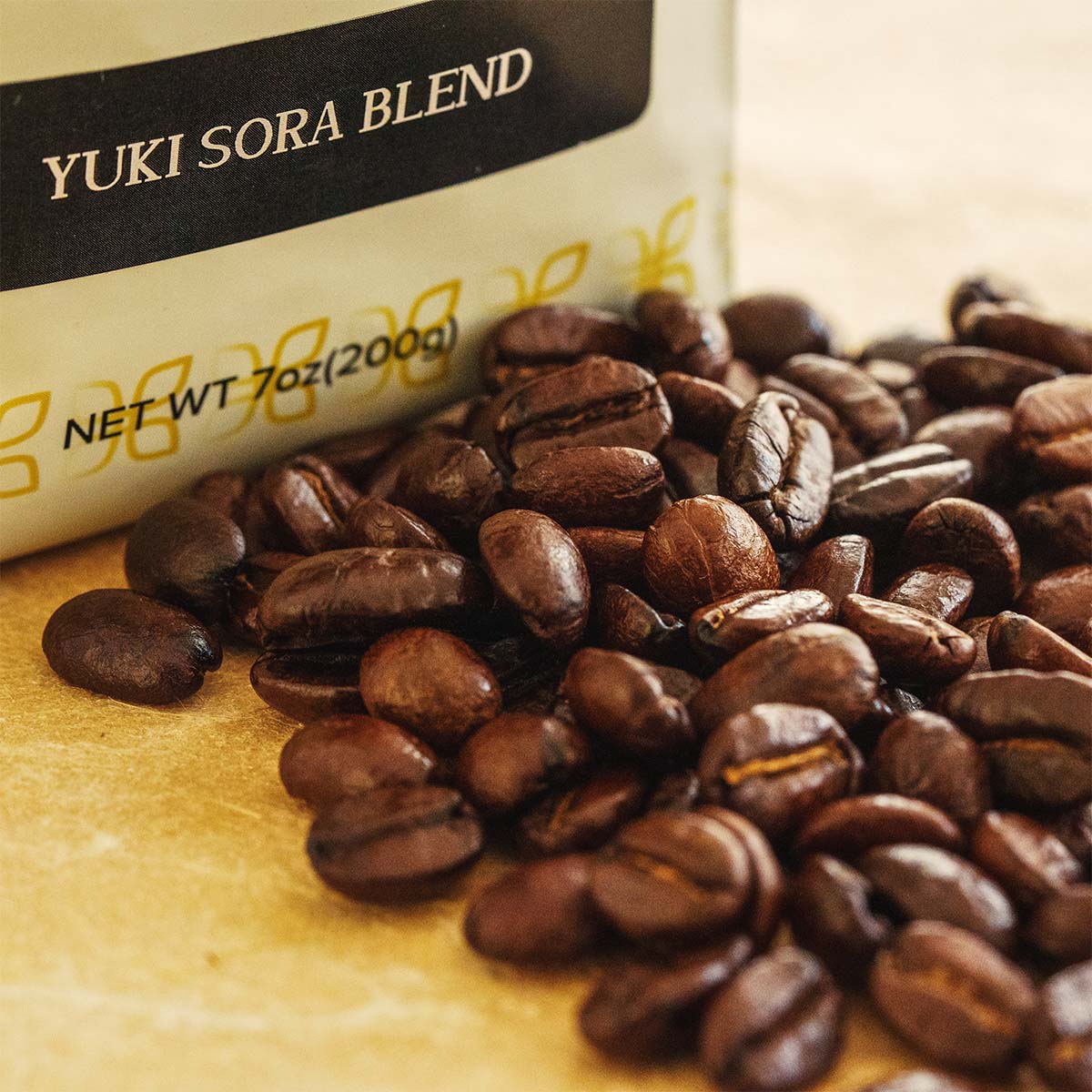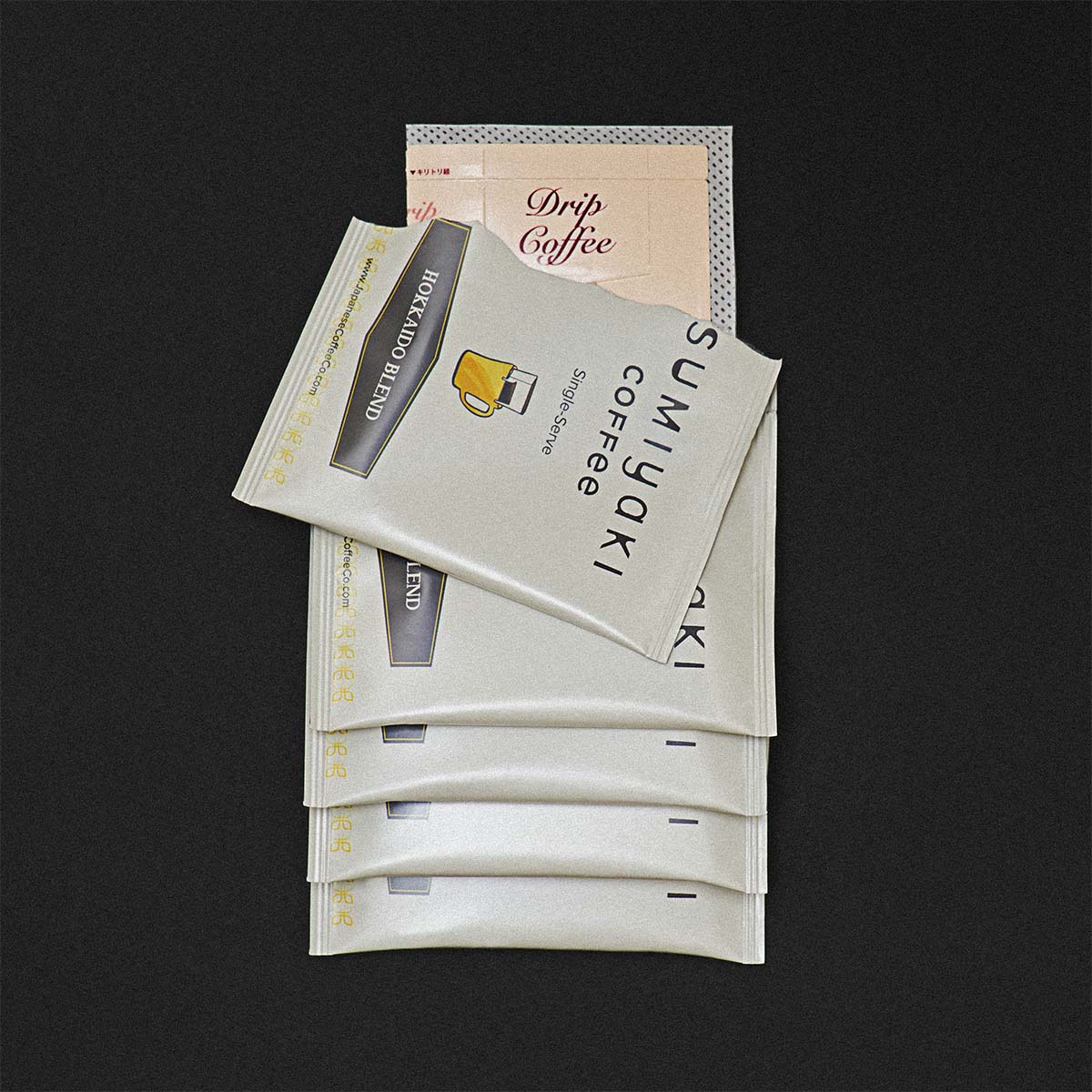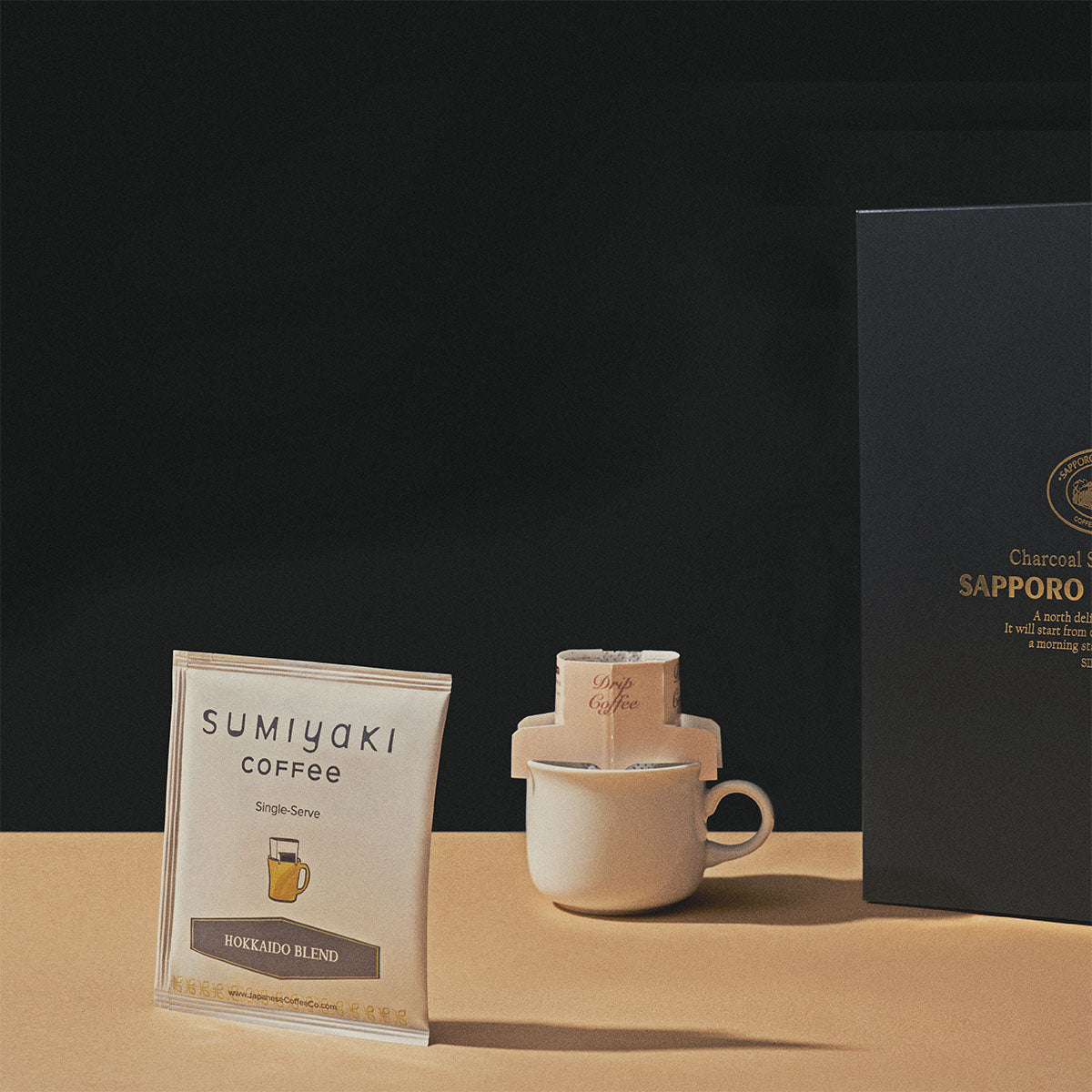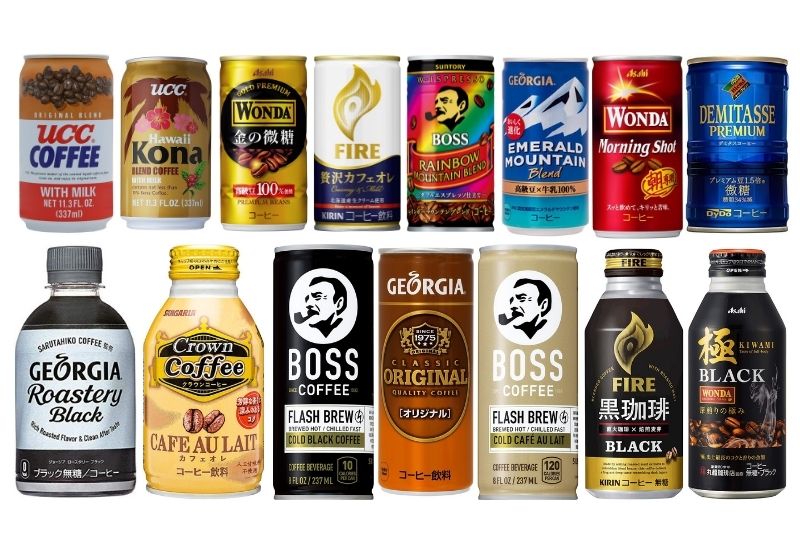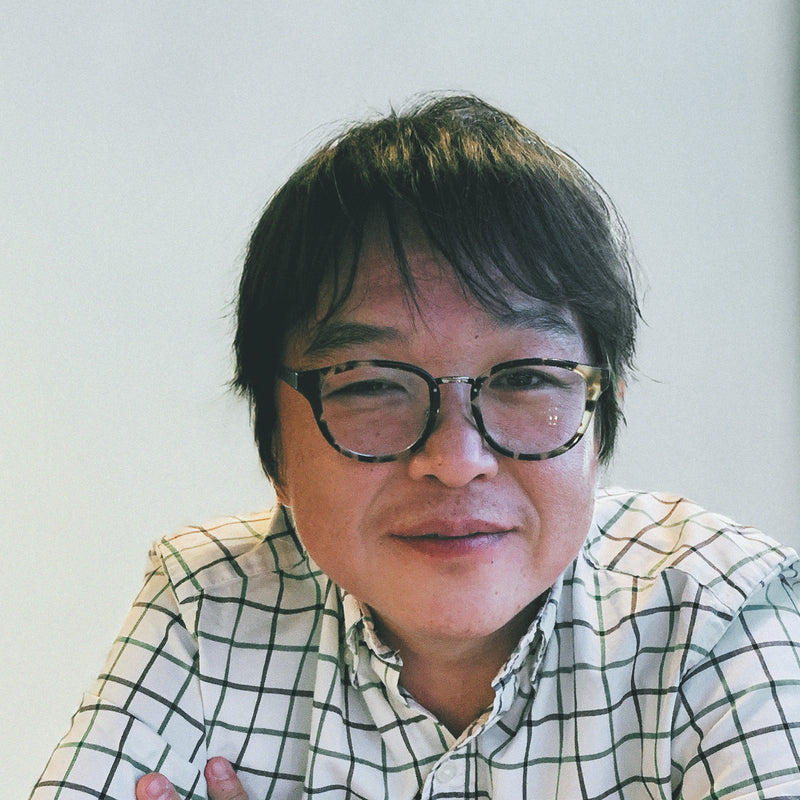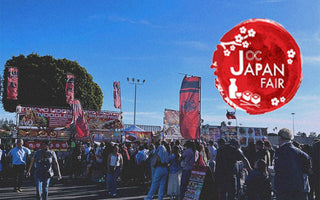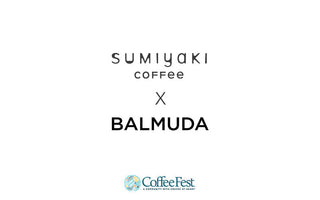One of the most common questions from my coffee-loving friends is, "What are some of the best Japanese coffee brands I should try out?" Some of them have heard about how the Japanese Starbucks makes cherry-blossom-flavored latte in Spring, and some of them are interested in cat cafes in Japan, while others think that tea is the main thing to look out for when in Japan. Of course, Cherry-blossom frappuccinos and Matcha lattes are great, and cat cafes are fun too, but there is so much more to Japanese coffee! There is so much that a serious coffee lover seeking an authentic coffee experience can enjoy in Japan. Therefore, I decided to write today’s article in the hopes that I can introduce some of the best Japanese coffee brands to my friends.
When you think of famous beverages in Japan, the first ones to consider might be Japanese saké or tea. However, since it was introduced to Japan by Dutch merchants in the 18th century, coffee has placed itself among the most sought-after drinks in Japan. Therefore, I want to point out that coffee is no longer a mere ‘beverage’ or drink’ in Japan. In the past, present, and very realistically in the future, coffee is a culture and a lifestyle in Japan; it keeps evolving every day.

Just take a moment to think about coffee in Japan, and you will see countless examples of how some of the most iconic and significant coffee brands have their birthplace in Japan. For example, the Japanese brand UCC was the first to bring the genius idea of canned coffee to the world as early as 1969. Hario, the symbolic brand of the third-wave coffee movement, sworn upon by many champion baristas, was also founded in Japan. At most Cup of Excellence auctions, you will see that the Japanese buyers usually bid the highest for the best lots of coffee, especially for beans such as Geishas, Jamaican Blue Mountain, and Hawaiian Kona coffee.
I have covered a broad range of Japanese coffee brands so that you can find something you are interested in, whether it be a great instant coffee, a Japanese-style café to visit, or a fully personalized single-origin coffee bean subscription.
Japanese Brands from Major corporate coffee companies
First, I would like to introduce the simplest and most renowned major Japanese corporate coffee companies. They have been in Japan for many years and provide various product lines. They are mainly related to the first and second waves of coffee.
1. UCC
UCC (Ueshima Coffee Company) is a long-time major coffee company in Japan. It started as a small shop in Kobe in 1933. Since its humble beginnings, it has evolved into a giant company with a global reach. 'UCC Coffee with Milk,' released in April 1969, was the first canned coffee ever sold. As you can imagine, UCC's premade coffee is hugely popular in Japan.
UCC makes different coffee-related products, such as ground coffee, instant coffee, premade coffee products, drip pods, etc.
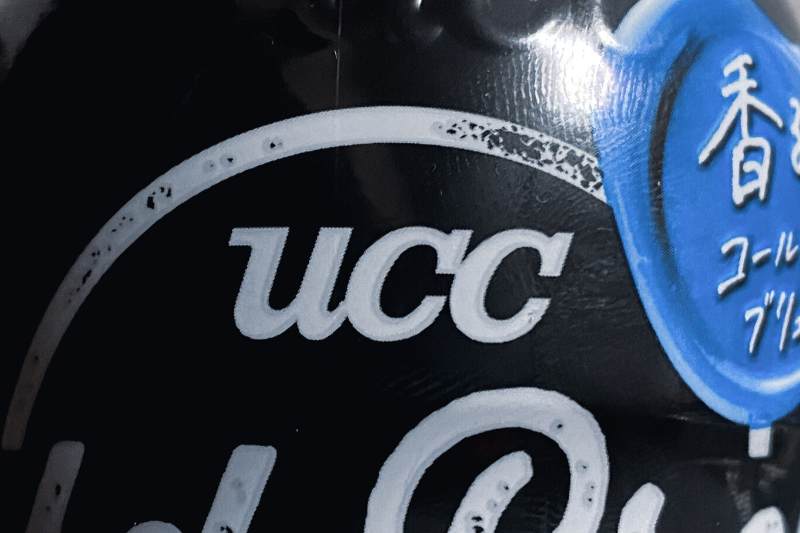
Since there is so much to know about this legendary Japanese coffee company, I have written a whole article with everything to know about UCC that you can read here. However, there is something else that I have not discussed regarding UCC that I would like to share a bit today, and it is UCC's café brands. At the moment, UCC has numerous café brands, five of which are Ueshima Ko-hee-ten (Ueshima coffee shop), Mellow Brown Coffee, UCC Café Mercado, UCC Café Plaza, and Caffera. Each of these brands has multiple café locations spread across Japan.
Ueshima Ko-hee-ten (Ueshima coffee shop) has a traditional kissaten vibe, and coffee is freshly brewed using Nel-drip, a manual brewing method popular in Japan. On the other hand, Mellow Brown Coffee has a more Western atmosphere, serving food such as Waffle pancakes and espresso-based drinks such as macchiato, flat white, ristretto, etc. However, there is one particular drink on their menu that I cannot recommend enough to every coffee lover, and it is their 'Ice Brewed Coffee. The easiest way to describe it would be 'draft coffee,' just like 'draft beer,' for those wondering what it is. The infusion of nitrogen gas creates a delicious mousse-like, creamy foam on top of this iced black coffee. Mellow Brown by UCC was the first café in Japan to serve this ‘draft coffee’!
2. BOSS (by Suntory)
UCC might have been the first to bring canned coffee to the world. Still, with their tagline "Working man’s companion’, commercials featuring the Hollywood actor Tommy Lee, and the iconic logo of a handsome man with a pipe, BOSS coffee from Suntory remains one of the most popular ready-to-drink (RTD) coffee brands, both at home and abroad.
Suntory began its journey in 1899 in Osaka, a city known as the ‘merchant’s capital’ of Japan. Today, Suntory is a global leader in the beverage industry, with annual revenue of 21 billion dollars. Suppose you have not tasted Suntory's BOSS coffee. In that case, you might be skeptical of the taste and quality of a coffee made by a company primarily known for its alcoholic beverages. However, if you taste the BOSS canned coffee once, you will understand why it is so popular: it is rich, deep, and free from any unpleasant aftertaste typical of RTD coffee drinks. BOSS has also perfected the balance of sweetness and bitterness in their sweetened coffee drinks, and their milk-based coffee drinks have a rich creaminess to them. Some of the most popular BOSS canned coffees that are available on the market are BOSS Rainbow Mountain Blend (a double espresso drink made from beans with a rich and deep flavor that has been certified by the Guatemalan National Coffee Association as being the ‘Rainbow Mountain blend’), BOSS Coffee No-sugar Black, Premium BOSS black coffee, Premium BOSS The Latte (sugar-free), etc.
How does BOSS make their canned coffee taste so great?
The main secret behind BOSS coffee’s depth of flavor and taste is 'flash brewing.' In this process, coffee is brewed using hot water, similar to pour-over, but the difference is that it is brewed over ice and chilled in seconds. This means that the maximum flavor and taste are extracted from the coffee using hot water. Still, the coffee is cooled down to a low temperature very quickly, preventing the loss of delicious flavor and taste. In addition, BOSS coffee uses high-quality beans from Brazil and Colombia. It has a fully developed roastery where specialists are constantly cupping and tasting to make sure that the beans are roasted to the perfect level.
3. Dotour
Doutor is one of Japan's most prominent chain coffee shops and offers everything one might expect from such a place: a clean, relaxing atmosphere, delicious yet affordable food and coffee, and convenience of location. The other good news is that you can have a taste of the Doutor experience right after you land in Japan, as they have cafes inside all Japanese airports.

Doutor started as a small European-style standing coffee shop with a humble space of only 9 square meters (!) in Harajuku, Tokyo. That was in the 1980s. Today, Doutor has more than 1300 cafes in Japan alone, with shops in Taiwan, Malaysia, and Singapore. They have also expanded their product range to include ready-made drinks, coffee brewing equipment, whole beans, instant coffee, etc.
One of the main reasons Doutor keeps attracting customers with their espresso-machine-based drinks even in the third-wave coffee era is their dedication to maintaining a high quality of coffee, food, and service. But since this is an article about coffee brands, let's focus on their coffee side.
Doutor has its coffee plantations on Kona Island, Hawaii (since 1991), and imports coffee from more than 20 different countries to create the perfect blend. Another fact about Doutor’s coffee that proves their ‘Kodawari (pursuit of perfection and attention to detail)’ toward coffee is their unique roasting process. When it comes to large-scale coffee roasting, a technique known as 'Hot Air Roasting' is most commonly used as it is the most convenient. However, Doutor felt that this process takes away most of the flavor from the coffee beans and hence decided to use 'Open Flame Roasting' instead. They found out that the open-flame roasting helped preserve the coffee's richness and flavor. Since there were no large-scale open-flame coffee roasters available at the time of their finding, Doutor even went as far as to develop their own industrial-scale coffee roaster, which Doutor is still using.
Japanese traditional kissaten-style brands
The ‘Kissaten’ culture is a distinctive feature of coffee in Japan. The literal translation for kissaten is 'tea shop'; however, it serves coffee, tea, food, and impeccable service in an interior where one can take time to enjoy their food and drink in a quiet and relaxing environment. There is so much to say about this uniquely Japanese ‘kissaten' culture, and it is well beyond the scope of this article, but if you would like to know more, you can read about it here.
1. Sapporo Coffee Kan
One of the best kissaten-style coffee companies hails from Hokkaido, a region regarded as Japan’s gastronomic paradise. In Hokkaido, the air is clean and delicious, nature is abundant, and the people of Hokkaido ‘know’ about taste and flavor as if it is ingrained in their very being.
Junichiro Ito founded Sapporo Coffee Kan in the Spring of 1982. Although it started as a small retail shop for wholesale coffee, it has grown into a formidable Japanese coffee company with multiple café stores all over Japan. In addition, it has several exclusive farm contracts with some of the best coffee-growing farms in the world, located in places like Brazil and Indonesia.

One of the biggest strengths of Sapporo Coffee Kan is that it emphasizes bringing out the best qualities of the Japanese coffee culture, such as unique ingredients, roasting techniques, 'Kodawari’, Omotenashi (Japanese hospitality), and so on. For example, since its early days, Sapporo Coffee Kan has been roasting their coffee beans using a rare Japanese technique called Sumiyaki (Charcoal) Coffee Roasting. In this unconventional roasting method, coffee beans are roasted using Binchotan charcoal, adding a rich, smoky flavor to the coffee while simultaneously retaining each coffee bean’s original taste and flavor. Their level of "Kodawari’ can be seen in the amount of attention they pay to the tiniest details, for instance, changing the lighting and background music depending on the time of the day to create the best ambiance that will make the guests feel the most comfortable. Their 'Omotenashi’ has been perfected by artisan coffee experts called ‘Coffee Masters, who hand-drip each cup of coffee upon order using the ‘Nel-drip’ method. To reflect the importance of change in seasons in Japan, you can find limited edition items on their menu, such as ‘Cherry Blossoms Chiffon Cake’ during the Spring season.
2. Komeda Coffee
These days, most cafes want to be a ‘happening’ place, bustling with energetic people and conversations. However, there are times when I want to go to a café to unwind and relax, to spend a quiet, peaceful time with a cup of coffee as my best friend. If you agree with this and are looking for a place in Japan that can offer you this luxury, it is Komeda Coffee.
Since its beginning in 1968, Komeda has committed itself to creating an atmosphere where the guests can truly relax—in the words of the founder, "a second living room." They also place great significance on the small details of their coffee, customer service, food, and interior. For example, their bread is made in-house by highly skilled artisan bakers who produce it with great care and craftsmanship. Their quality of customer service is reflected by the fact that they serve their coffee in Komeda-original cups made with a thick rim to minimize heat loss from the coffee so that the guests can enjoy their coffee piping hot.
If you have an opportunity to visit one of their many branches in Japan, I will highly recommend their Ogura Toast (toasted white bread with sweet red bean paste and butter), the Morning Set (their house blend pour over coffee with a side of toast and a boiled egg), and ‘Azuki Komachi Coffee’ (Coffee with sweet red bean paste inside the coffee).
3. Hoshiyama Coffee
A hidden gem of Sendai (the north-eastern region of Japan), Hoshiyama Coffee was founded in 1974 based on ‘doing the best so that the guests can feel true happiness and excitement during their coffee time.’ Upon entering one of their cafes, you might feel like you have stepped into the world of a mature and elegant version of Alice in Wonderland.
When you walk into Hoshiyama Café, you will be welcomed with a spacious café interior reminiscent of a luxury hotel lobby, with 4-meter high ceilings, gorgeous flower bouquets, dark mahogany furniture, efficient and friendly staff who walk around the café wearing formal suits, and the aroma of coffee wafting through the air. Although it already sounds like a special place, I have not gotten to the best part yet: the barista will carefully select a particular cup and saucer that suits you the most from their collection of more than 1000 cups that lines the walls like a beautiful jewel display. And of course, if you want to choose your cup, you have that freedom. Their cups are from world-famous brands such as Hermès, Wedgewood, Meissen, Royal Copenhagen, Augarten, etc.
The coffee at Hoshiyama Café is roasted in-house to create exclusive blends and single-origin coffee roasts such as ‘Precious Memory Blend’, Royal Blend, Single-origin Colombia, Kilimanjaro, Guatemala, etc. The coffee beans are freshly ground upon order and hand-brewed by an experienced barista into a cup that has been chosen specifically for each guest.
Third-wave coffee brands
Hario released its iconic V60 in 2005, and Blue Bottle Coffee first arrived in Japan in 2015. Since those times, Japan's third-wave coffee scene has come a long way and continues to bring something new and exciting every day. Below, we have picked four of the top third-wave coffee brands in Japan.
1. Glitch coffee roasters
As a fair warning, I must say that Glitch Coffee Roasters is not for everyone. They are uncompromising when it comes to their commitment to upholding the uniqueness of single-origin coffee; keeping true to this commitment, they refrain from serving 'blends,' and you will only find lightly roasted coffee (no dark or medium roasts). However, these are also the exact reasons why this is a place that you must not miss out on if you are a big fan of third-wave coffee culture and especially if you are looking for a third-wave coffee company that takes pride in being a Japanese coffee brand.
In programming, a glitch is a bug or an error within the system that causes it to malfunction. According to the founder, Kiyokazu Suzuki, who had graduated from a programming school, the reasoning behind this name is that sometimes a glitch or an irregularity can make us try to do things in new, non-traditional ways. When we try to do things in a new way, we can discover original and innovative methods, helping us create something better than what anyone might have imagined in the past.
To reach their main branch, you travel to Jimbocho, a historical locality in Tokyo that might be difficult for a first-timer to navigate. This town is deeply rooted in history and literature and is filled with the nostalgia of independent bookshops, cafes, and restaurants, a good number of which are more than 100 years old. The interior of the café is straightforward—mostly glass, wood, and concrete. However, the one thing that speaks louder than any fancy decorations ever will about their passion for coffee is the intoxicating aroma of coffee being roasted in-house using their German Probat roasting machine. On their roasting days, the roasting device is constantly supervised from 9 a.m. to 9 p.m. without letting it stop even once, as a drop in temperature can affect the resulting roast.
As you can expect from a place like this, you can choose from a very wide (at least three single-origin beans on their daily recommendation alone!) selection of ‘top-of-the-top’ (better than specialty coffee) single-origin roasts such as Ethiopia Gesha Village Auction 9, Panama Esmeralda Special Process Auction 1, etc. In addition, every order of coffee at Glitch comes with an easy-to-read card that shows the name of the beans, the tasting notes (e.g., strawberries, caramel, camomile, orange blossoms, round mouthfeel, etc.), the specific variety of the beans, the altitude at which it was grown, a chart to understand the level of sweetness, acidity, mouthfeel, balance, and aftertaste, and the method used to process the coffee (e.g., natural, carbonic maceration, washed, etc.).
2. Onibus
Visiting a third-wave café can be intimidating, especially if you are new to the specialty coffee scene. If you feel the same, I highly recommend visiting any of the five branches of Onibus Coffee. Onibus Coffee is one of the pioneer coffee shops of the third-wave coffee scene in Tokyo, but despite their highly regarded status, their staff is some of the most welcoming, friendly, and warm people I have known to work at third-wave coffee shops. The staff’s humility, helpfulness, and personal relationship with their guests reflect the philosophy behind the name ‘Onibus’ quite accurately. Onibus is a Portuguese word for ‘public bus’, something that connects people to people in their everyday lives.
Sakao Atsushi founded Onibus Coffee in 2012 in Okusawa, Tokyo. During his time in Australia, where he was training as a Barista and a roaster, he was inspired to create a neighborhood specialty coffee roaster in Japan. However, the thing that finally set things in motion for him to make something of his own was the 2011 earthquake in Japan. It motivated him to open a coffee shop based on essential foundations such as community, friendship, and family. This is why Onibus remains one of Japan's most welcoming and friendly third-wave coffee places.
In their cafes, you can drink delicious coffee brewed from their wide selection of blends and single origins, such as the STEP blend (Kenya Washed, Guatemala Washed, Ethiopia Washed), Kenya/AA Gakuyuini #077, GUATEMALA La Bolsa Cipresales, etc. In addition, they offer espresso, milk-based drinks, and manual pour-overs. I am also pointing out that their bean bags are artistically designed with colorful mosaic patterns on each bag. Apart from their cafes, they offer wholesale beans, catering to other coffee shops and food businesses, and training and consultations, spreading their knowledge and craftsmanship to the coffee community.
3. Koffee Mameya
Any list of the best third-wave coffee brands will be incomplete without a mention of Koffee Mameya, and that is not only for Japan but in terms of the world's most notable third-wave coffee brands. It is such an important establishment in Japan's third-wave coffee scene that a pilgrimage-like visit to Koffee Mameya is the primary objective of visiting Japan for many coffee connoisseurs. Why is this? One might ask. Why would someone stand in line for an hour only to stand at the counter (Koffee Mamiya has no seating) and sip coffee without options for ordering anything with milk (No milk-based drinks here, needless to say, and no food as well)? The answer lies in the fact that it is a place dedicated to the passion for coffee in its purest form. It offers a unique experience that you will find nowhere else. Walking into Koffee Mamya is like stepping into a secret society—a minimalistic wood and concrete squarish interior, no loud colors or artwork that could distract you from the main focus—coffee. There is a simple counter behind which you will find the coffee experts wearing lab coat-like white uniforms. At the counter, you engage in a detailed conversation with one of the coffee experts, who will hand you a chart of coffee beans available (about 20 different choices); this chart is relatively easy to read, with a gradient that shows the strength of the roast (light to dark). The coffee expert will listen to your likes and dislikes in terms of taste notes, acidity, roasting level, etc. and then suggest some options they think would be a perfect match for you. Then you can ask them to brew a cup of coffee with that bean (or something else) using the espresso method or hand pour-over. While they carefully make your coffee in front of you, the coffee expert will also take notes so that you can take it back home and brew the coffee in the most delicious way possible.
The owner of Koffee Mameya, Eiichi Kunimoto, is a renowned coffee guru in Japan. Before opening Koffee Mameya in 2017, he ran a famous coffee shop (in the same building where Koffee Mameya is now), Omotesando Coffee. Omotesando Coffee was closed in 2015 and was reborn with a completely new concept, design, and coffee as Koffee Mameya in 2017. If you want to rediscover the third wave of coffee in Japan and are looking for an intimate, personal coffee experience, I highly recommend a trip to Koffee Mameya.
4. %Arabica
Tokyo might be famous for birthing many third-wave coffee brands, but one can also find excellent specialty coffee brands outside the capital. One such iconic Japanese third-wave coffee brand with a cult-like following is %Arabica from Kyoto. Suppose you have taken a stroll around the scenic towns of Arashiyama or Higashiyama in Kyoto. In that case, you must have come across people carrying eye-catching coffee cups with a bold symbol of the % sign. This is the logo mark of % Arabica, founded in 2013 and now a top-rated specialty coffee company with more than 91 shops spread across 17 (!) countries, including the USA, UK, France, Cambodia, Singapore, France, etc.
So what led Kenneth Shoji, the mastermind, to create a super hip coffee shop that quickly expanded to become one of the most popular and 'cool' third-wave coffee companies globally? Kenneth has traveled worldwide with his family since a very young age. While attending UCLA, he was greatly inspired by the Starbucks in Venice Beach, California, where he spent most of his days enjoying beautiful sunsets, studying, and talking to friends over great cups of coffee. After graduation, he seriously studied coffee, borrowed money to buy his own coffee farm in Hawaii, and started %Arabica in 2013. About the symbolic logo of the "%" sign, he said that the symbol looked like coffee cherries on a branch. The motto of %Arabica is "See the world through coffee," which is based on the Japanese philosophy of "Kenbun (meaning to see and to hear). Kenneth hopes that young people will travel to different places of the world, see and hear new things, build relationships, and share knowledge with each other.
Apart from its delicious single-origin and blend specialty coffees, %Arabica is also famous for using custom-built espresso machines (made in Seattle), which allow a higher level of control for the barista when brewing coffee.
What is the future like for Japanese coffee brands?
I hope that this introduction to top Japanese coffee brands will allow you to explore the Japanese coffee scene with a more open view and instill the curiosity to know more about Japanese coffee brands personally. With espresso-based chain coffee shops striving to improve their quality, the Kissaten culture making a comeback, and the third wave coffee shops becoming more and more popular day by day, the Japanese coffee scene’s future looks as great as a freshly brewed cup of coffee first thing in the morning!
Get Free Bonus Books

Sign up for free to the Coffee Club to get advice and exclusive articles about how to choose Japanese Coffee, and tips, tricks, and recipes for enjoying Japanese coffee.
About the author
Kei Nishida
Author, CEO Dream of Japan
Certification: PMP, BS in Computer Science
Education: Western Washington University
Kei Nishida is a passionate Japanese tea and coffee connoisseur, writer, and the founder and CEO of Japanese Coffee Co. and Japanese Green Tea Co., both part of Dream of Japan.
His journey began with a mission to introduce the world to the unparalleled quality of Japanese green tea. Through Japanese Green Tea Co., he established the only company that sources premium tea grown in nutrient-rich sugarcane soil—an innovation that led to multiple Global Tea Champion awards.
Building on this success and his passion for Japanese craftsmanship, Kei expanded into the world of coffee, pioneering the launch of Japanese Coffee Co., the first company to bring Sumiyaki charcoal-roasted coffee to a global audience. His dedication to authenticity and quality ensures that this traditional Japanese roasting method, once a well-kept secret, is now enjoyed worldwide.
Beyond tea and coffee, Kei has also introduced Japan’s legendary craftsmanship to the world through Japanese Knife Co., making handmade katana-style knives—crafted by a renowned katana maker—available outside Japan for the first time.
Kei’s journey continues as he seeks out and shares the hidden treasures of Japan, one cup and one blade at a time.
Learn more about Kei

